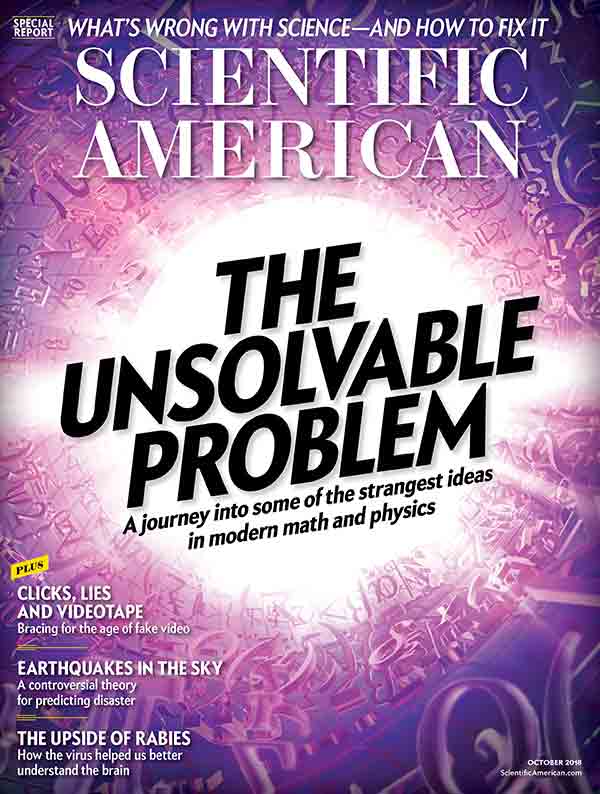A Mysterious Change of Mind
Why do people die by suicide?
Anthony Bourdain (age 61). Kate Spade (55). Robin Williams (63). Aaron Swartz (26). Junior Seau (43). Alexander McQueen (40). Hunter S. Thompson (67). Kurt Cobain (27). Sylvia Plath (30). Ernest Hemingway (61). Alan Turing (41). Virginia Woolf (59). Vincent van Gogh (37). By the time you finish reading this list of notable people who died by suicide, somewhere in the world another person will have done the same, about one every 40 seconds (around 800,000 a year), making suicide the 10th leading cause of death in the U.S. Why?
According to the prominent psychologist Jesse Bering of the University of Otago in New Zealand, in his authoritative book Suicidal: Why We Kill Ourselves (University of Chicago Press, 2018), “The specific issues leading any given person to become suicidal are as different, of course, as their DNA—involving chains of events that one expert calls ‘dizzying in their variety.’” Indeed, my short list above includes people with a diversity of ages, professions, personality and gender. Depression is commonly fingered in many suicide cases, yet most people suffering from depression do not kill themselves (only about 5 percent Bering says), and not all suicide victims were depressed. “Around 43 percent of the variability in suicidal behavior among the general population can be explained by genetics,” Bering reports, “while the remaining 57 percent is attributable to environmental factors.” Having a genetic predisposition for suicidality, coupled with a particular sequence of environmental assaults on one’s will to live, leads some people to try “to make the sh*t stop,” in the words of Winona Ryder’s character in the 1999 film Girl, Interrupted. (continue reading…)



